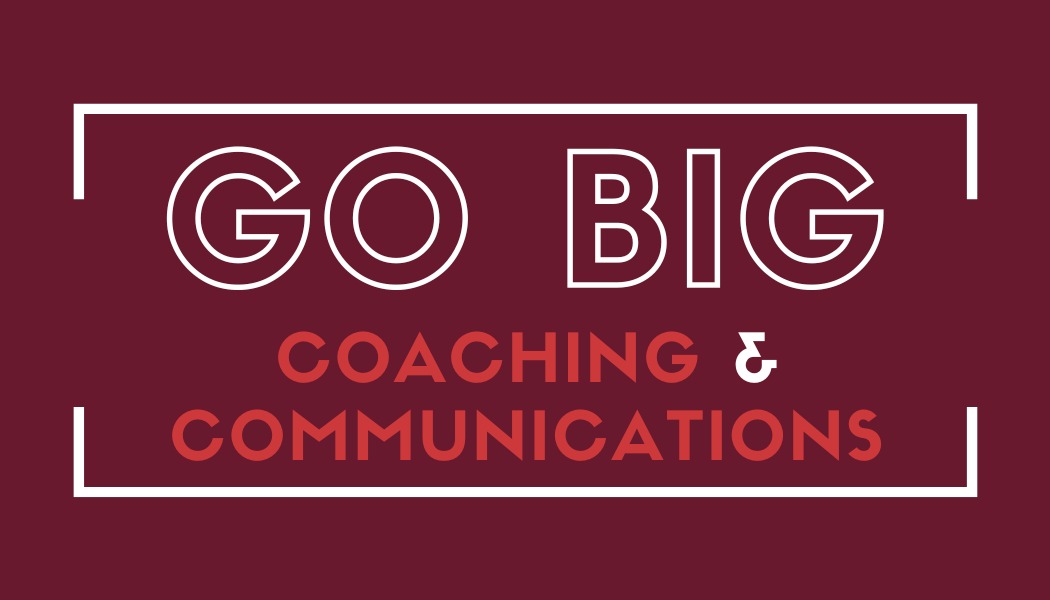When was the last time you’ve sat down and written down your thoughts and feelings? Too long? If so, I recommend you add journaling to your list of good habits to try out and build in 2019!
I have journaled on and off for the better part of my life, in different forms, sometimes pretty regularly, at others not that much. But no matter whether it’s the drama-ridden diary of my boarding school days or the notes I jot down every day in my gratitude app, I have always found the practice very, very beneficial. And this is why:
1. It helps you get to know yourself better and develop further.
As every seasoned journal writer can tell you, lots of stuff that end up in your notebook when you journal comes as a surprise. The moment we let go and let the pen lead the way, we are opening up to thoughts, emotions, and ideas that don’t find an outlet in our busy everyday lives. Nothing is too small or too big to be written down when your subconscious tells you to pay attention.
2. It clears the junk out of your head and makes room for resolving issues.
I don’t know about you but I hate to be in a nasty mood, especially when the whole matter will, in hindsight, turn out to not be a reason at all. One of the easiest ways to move past the negativity is to rant and whine in your journal. Often enough, a good brain-dump will be enough to clear up the whole matter and—if it’s an actual issue—leave you with the capacity to resolve it.
3. It relieves stress and is a perfect way to show yourself some self-love.
Journaling can be the perfect me time: Make yourself a nice cup of tea or enjoy a glass of wine, put some soothing music on, and get comfortable in your favorite chair (the dog or cat can sleep someplace else for a bit!). Then just write—about whatever you want and for how long you want. There are no rules, apart from one: Be kind to yourself!
4. It enhances creative thinking and fosters your creativity.
Journaling is one-person brainstorming. Some people may have their ideas in the shower, I have mine either walking or journaling, and the reason is pretty simple: Both acts tap into the right part of the brain, the center of your creativity. Plus, for once I am not on a computer or staring at my phone, which leaves my mind all free to wander—which often enough results in pretty good ideas.
5. It increases your feeling of connection, to yourself and the world around you.
Quite honestly, I have a hard time explaining this one, but I know it to be true and so do many other avid journal writers I have talked to: Instead of perceiving journaling as a lonely activity, most people tend to develop a sense of belonging as they write away. Often enough, the experience can even turn spiritual as you explore relationships or seek guidance from a higher power.
There are many more reasons on top of these: Trauma patients may use journaling to heal, mothers may journal to leave a legacy for their children, and writers may journal as a way to take notes for a memoir or other work.
Fact is, and I hope this will motivate you to give it a try: Journaling can be anything you want it to be. Just put the pen to paper and see what you have to tell yourself!
If you want to read a little more on how to start journaling, see here.
